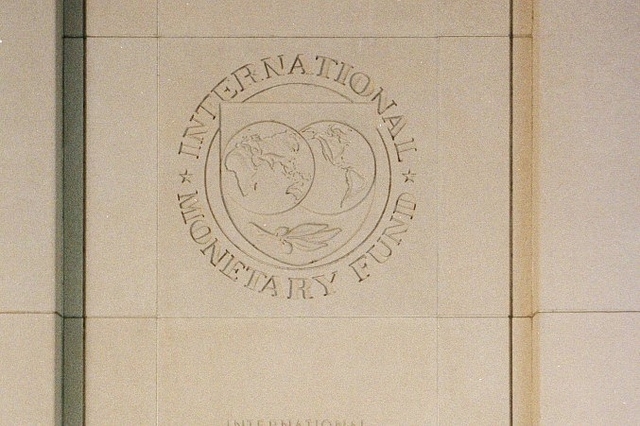
US-China Trade War Could Have Lasting Global Impact, Warns New IMF Chief Kristalina Georgieva
The new Managing Director of the International Monetary Fund (IMF), Kristalina Georgieva, on Tuesday (8 October) said that the trade war between the United States and China is taking its toll on the world's economic activity in general, and on the manufacturing sector in particular.
"We have spoken in the past about the dangers of trade disputes. Now, we see that they are actually taking a toll," Georgieva said in her first speech since she became head of the IMF, Efe news reported.
In fact, the Bulgarian economist who has succeeded to that position from Christine Lagarde, who left to become president of the European Central Bank, said that "global trade growth has come to a near standstill."
"In part because of the trade tensions, worldwide manufacturing activity and investment have weakened substantially," she said, noting that services and consumption could soon be at risk because "the fractures are spreading."
The new IMF head said that, trade disputes have now started to affect multiple countries, as are other critical situations like Brexit.
She warned that due to the world's interconnected economies, many countries will soon feel the impact.
"Even if growth picks up in 2020," Georgieva said, "the current rifts could lead to changes that last a generation," such as "broken supply chains" and "siloed trade sectors."
"Everyone loses in a trade war," she said, adding that the cumulative effect of the current trade conflicts mean a loss of around $700 billion in 2020, or around 0.8 per cent of world GDP, an amount equal to the entire economy of Switzerland.
The goal should be to resolve these fractures, she said, and in a world of countries so interconnected, it must be done in a coordinated manner, "The key is to improve the system, not abandon it."
In her address, Georgieva came out in favour of a more modern system of global trade to knock down the "'digital Berlin Wall' that forces countries to choose between technology systems."
"In 2019, we expect slower growth in nearly 90 per cent of the world. The global economy is now in a synchronised slowdown," Georgieva warned.
(This story has been published from a wire agency feed without modifications to the text. Only the headline has been changed.)